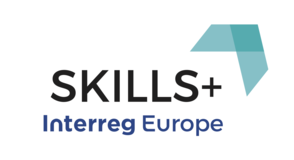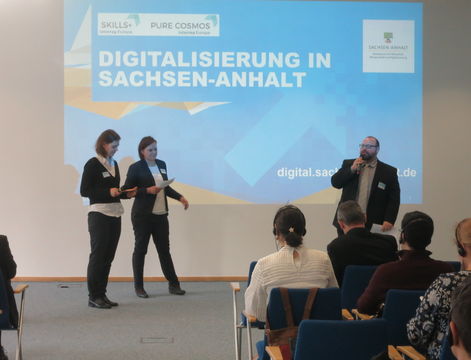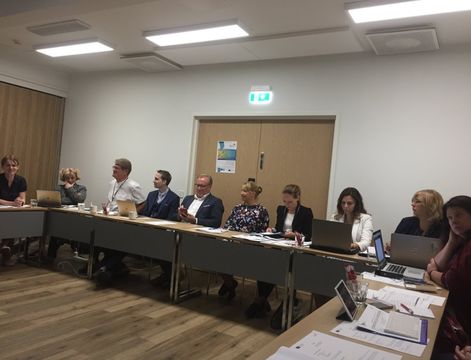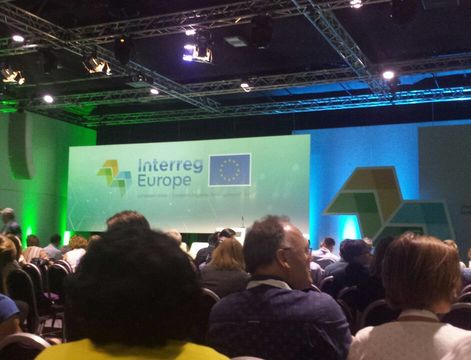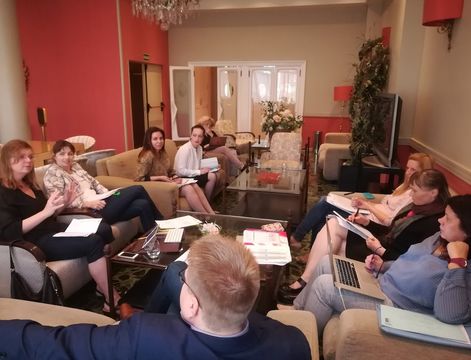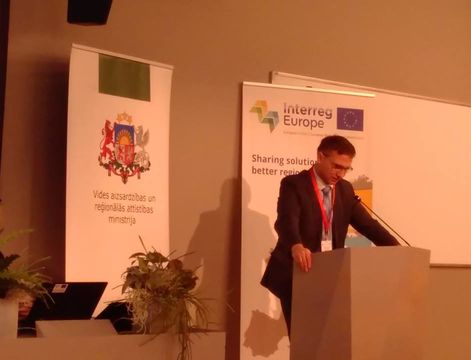After having completed a full Interreg Europe project cycle during the main lifetime of SKILLS+ (April 2016 - March 2021), eight partners plus two observing partners were allowed to continue the collaboration between October 2021 and September 2022 to further exchange how improved strategies to promote digitalisation in rural areas helped to overcome the economic impacts of the Covid-19 pandemic. In that time, work-from-home orders and social distancing accelerated the use of digital tools in all aspects of life and across all member states. Many business operators, who had before hesitated to invest in online sales or remote collaboration tools, were suddenly forced to embrace those in order to stay in business. At the same time, public administrations were under pressure to provide their enterprise services remotely when town halls were shut to the public for long periods.
In the additional lifetime of SKILLS+, four thematic online seminars focused on pandemic-era success stories from around Europe. Participants learned about the successful online sales of a small company from Zadar county selling goat milk-based cosmetics as well as an online learning tool used worldwide but originating in Malopolska, Poland. Other topics included public stimulus programmes and subsidies for companies to invest in IT, training and enhanced online platforms.
During spring 2022, the policies taken in eight partner regions were subjected to a peer review by other partners. Some of these peer reviews took place online, others could already be organised in person or at least in hybrid mode. During a final workshop in Stendal, Germany, the consortium reviewed the results of their collaboration, which for most participants had been the longest European project ever. The long period allowed to achieve a high level of trust and friendship, which helped the consortium to achieve all outcomes even when meetings had to be conducted online-only. In comparison to spring 2016, when the project had started, small enterprises in all rural areas addressed by SKILLS+ are much more digitised today, more competitive and better prepared for any future challenges.
